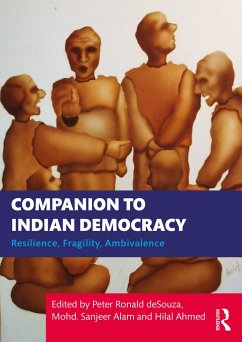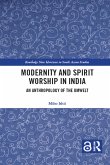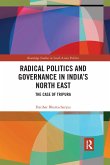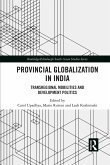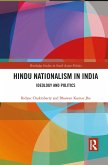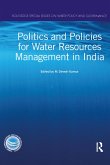This book presents a comprehensive overview of the contemporary experiences of democracy in India. It explores the modes by which democracy as an idea, and as a practice, is interpreted, enforced, and lived in India's current political climate. The book employs 'case studies' as a methodological vantage point to evolve an innovative conceptual framework for the study of democracy in India. The chapters unpack a diverse range of themes such as democracy and Dalits; agriculture, new sociality and communal violence in rural areas; changing nature of political communication in India; role of anti-nuclear movements in democracies; issues of subaltern citizen's voice, impaired governance and the development paradigm; free speech and segregation in the public sphere; and, the surveillance state and Indian democracy. These thematic explorations are arranged in an engaging sequence to offer a multifaceted narrative of Indian democracy especially in relation to the recent debates on citizenship and constitutionalism. A key critical intervention on contemporary politics in South Asia, this book will be essential reading for scholars and researchers of political studies, political science, political sociology, comparative government and politics, sociology, social anthropology, public administration, public policy, and South Asia studies. It will also be of immense interest to policymakers, journalists, think tanks, bureaucrats, and organizations working in the area.
Hinweis: Dieser Artikel kann nur an eine deutsche Lieferadresse ausgeliefert werden.
Hinweis: Dieser Artikel kann nur an eine deutsche Lieferadresse ausgeliefert werden.

